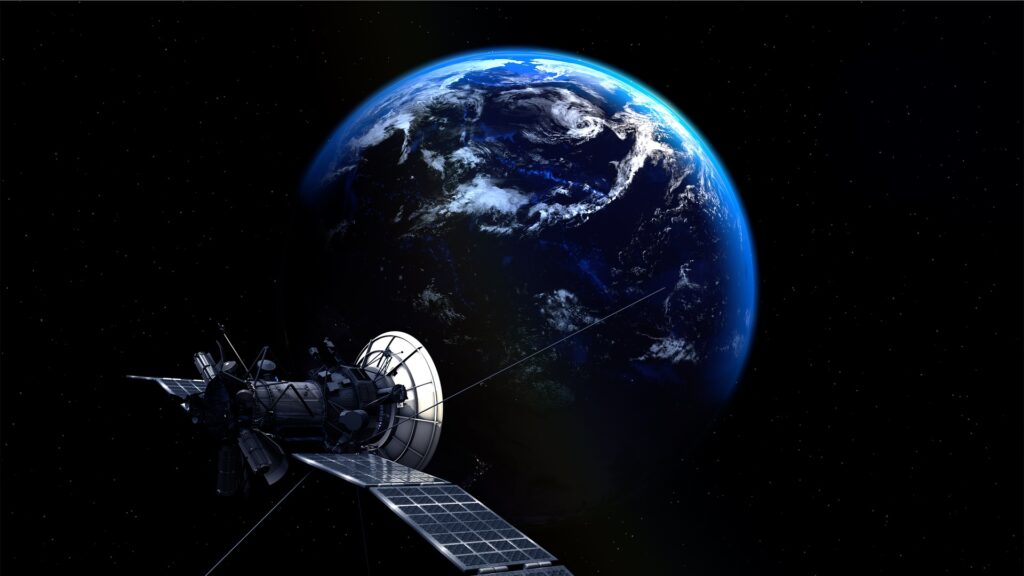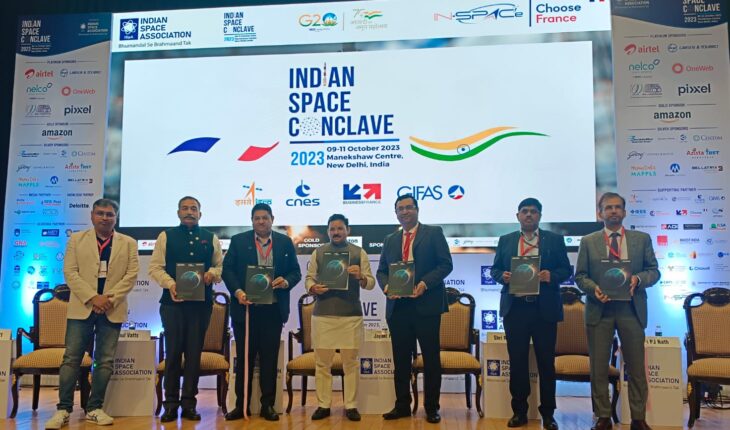New Delhi : India’s space economy has the potential to reach USD 44 billion by 2033 with about eight per cent of the global share. Presently, the country’s share in the global space economy is 2 per cent, said a top government official on Tuesday.
IN-SPACe (Indian National Space Promotion and Authorisation Centre), the single-window autonomous agency under the Department of Space (DOS) today unveiled the decadal vision and strategy for Indian space economy.
Addressing mediapersons, IN-SPACe Chairman Pawan Goenka said, “As we unveil the decadal vision for the Indian Space Economy, we emphasise that the future of the Indian space sector is a shared endeavour. Hence, our strategy fosters an era of collaboration between all stakeholders to accelerate growth.” He said ISRO is opening its doors wider than ever to private sector participation, so that together, we can successfully boost the space economy for a resurgent ‘Aatmnirbhar Bharat’ (self-reliant India).

At present, the Indian space economy is valued at around USD eight billion with a two per cent share in the global space economy. India’s space economy has the potential to reach USD 44 billion by 2033 with about eight per cent of the global share, Goenka explained.
The decadal vision and strategy has been developed by IN-SPACe and ISRO along with other stakeholders, IN-SPACe said in a statement.
The strategy defines India’s vision as a dominant global space power, which accelerates India’s growth through space applications, strengthens capabilities in space, creates socio-economic benefits and capabilities for growth to meet the country’s ambitions for the space sector, it added.
The vision focuses on achieving its goal through key strategic and enabling capabilities, such as demand generation, earth observation platform, communication platform, navigation platform, R&D, ecosystem, creation of talent pool, access to finance, international synergy and collaboration, policy and regulation.
Goenka said the decadal vision addresses creation of demand, local manufacturing capabilities, infrastructure and provides a clear and comprehensive regulatory framework that will encourage and facilitate NGE (non-governmental entities) participation in the growth of the space sector.
ISRO Chairman S Somanath said the decadal vision defines a roadmap for how the Department of Space along with IN-SPACe and ISRO will drive the emergence of private players.






